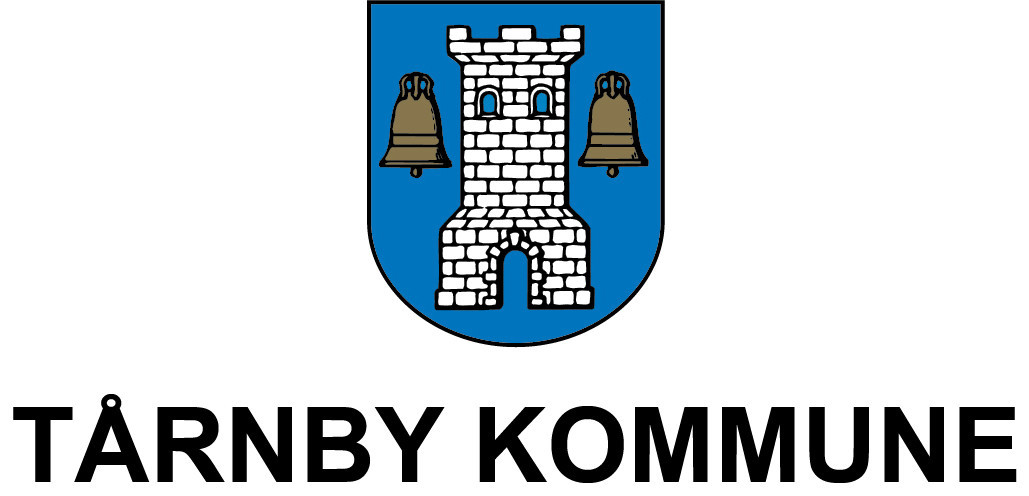Termination of employment when working in Denmark
What happens if your employment is terminated when you are working in Denmark? The amount of notice that an employer must give an employee in case of termination of employment depends on the trade union agreements.
Many people working in Denmark are employed under a legislation called "funktionærloven", The Act on Salaried Employees. If you are employed under a contract following this act, they also have clear rules of notice and termination that they must comply with:
- Employed for up to six months - one month notice period
- From six months to three years - three-month notice period
- From three years to six years - four-month notice period
- From six years to nine years - five-month notice period
- Over nine years - six-month notice period
An employee who is not permanently employed can have his/her contract terminated with a notice period of 14 days. In the case of shorter employment, the notice period can be even shorter.
Read more about termination under Funktionærloven
Reason for job termination in Denmark
It is not permitted to terminate employment for reasons such as pregnancy, adoption or demands for equal pay. The employer must be able to document that the termination is not caused by any such reasons, but due to financial reasons or cooperation difficulties.
However, it is important to remember that you may run the risk of your employment being terminated in the event of sickness. Your employment contract describes what the rules are at your workplace. For example, if you are employed under the funktionærloven the following applies: if you are ill for more than 120 days in a twelve-month period, and sometimes even earlier, you risk your employment being terminated.
Special rules apply to employees who have their employment terminated due to reasons such as theft or other serious offenses at the workplace. This type of termination is called "bortvisning" and means that you must leave the workplace with immediate effect.
If you are a member of a Danish trade union, you can get help if you find yourself in a situation where you disagree or feel that you have been treated unfairly by a Danish employer.
Release from notice, suspension or temporary lay-off due to bad weather
In some cases, you can be released from notice during the notice period ("fritstillet"). This means that the company completely renounces from using your manpower until your employment is terminated. If you are released from notice, you should not go to work. You will receive full salary for the full notice period.
However, if you are suspended, which is called being "suspenderet" in Danish, this means that you should not go to work, but should remain at the disposal of the employer to be able to perform certain tasks during the notice period. In this case, you should also receive your full salary and other benefits during the period.
In Denmark, certain professional groups, whose work is dependent on the weather, can be unable to work due to bad weather, which is called "vejrlig". This means that work is suspended. If you are laid-off due to bad weather, you do not receive your salary but can get a benefit from the a-kasse (unemployment insurance fund).
Employee terminating employment in Denmark
If you choose to terminate your employment, you must give either one month or one calendar month's notice. An exception is made if the work carried out is of a short nature and does not extend over one month, or if the working relationship is a trial and does not extend beyond three months. For many employees the same rules as those described in the funktionærloven apply, check your employment contract to see the rules that apply to you.
Did you find this information relevant?
Do you want to elaborate?
Stop working in Denmark – What you need to know
Are you leaving your work in Denmark?
Look through our checklist to find out what important steps you need to take.











